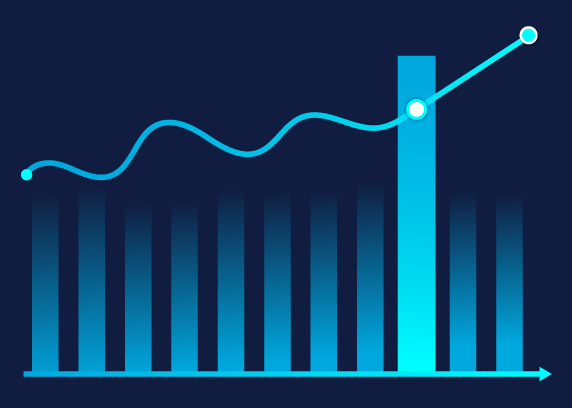Income inequality is the difference in how income is distributed among the population.
Income is defined as household disposable income in a particular year. It consists of earnings, self-employment and capital income and public cash transfers however, income taxes and social security contributions paid by households are deducted. Inequality is also described as the gap between rich and poor, income inequality, wealth disparity, wealth and income differences, or the wealth gap.
This indicator is measured as a Gini coefficient. This is based on the comparison of cumulative proportions of the population against cumulative proportions of income they receive. It ranges between 0 in the case of perfect equality (that is, each share of the population gets the same share of income), and 1 in the case of "perfect inequality" (that is, all income goes to the individual with the highest income).

